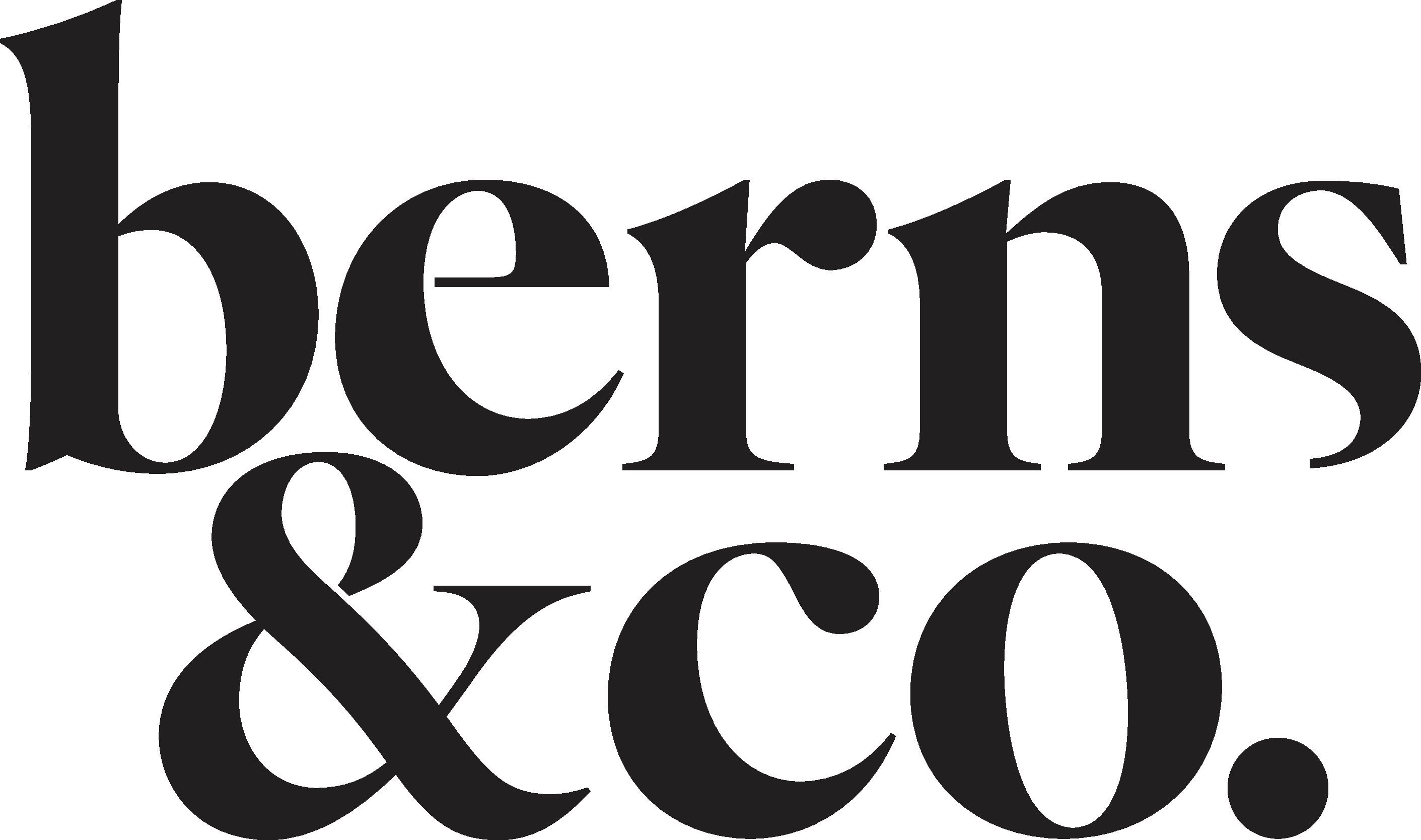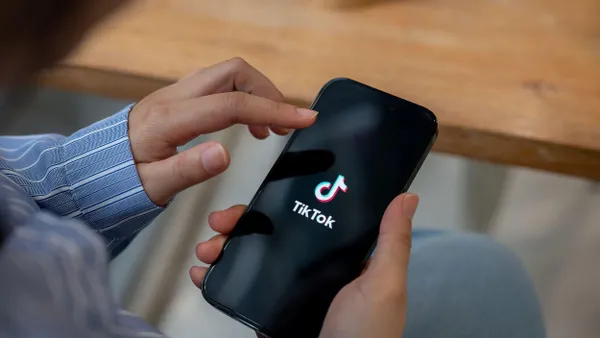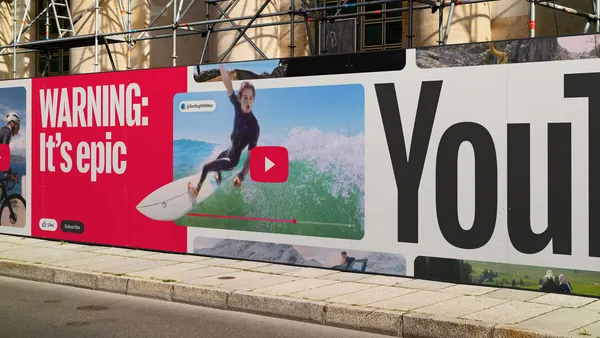Dive Brief:
- Google will continue to experiment with the look of paid search results on desktop following the release of a mid-January redesign, the company revealed on Twitter. The redesign has been driving an increase in ad clicks, according to a report from CNBC, but could be confusing users.
- The news follows a flurry of criticism targeted at the redesign centered on how the new placement of the word "ad" or a favicon for paid search made the results resemble organic results, potentially making it difficult for users to tell the difference between the two types of results, per CNBC.
- "Our experimenting will begin today," Google tweeted on Jan. 24. "Over the coming weeks, while we test, some might not see favicons while some might see them in different placements as we look to bring a modern look to desktop…."
Dive Insight:
The redesign of paid search results is positioned by Google as necessary for improving the user experience. However, its arrival at a time when the company's ad revenue growth is showing signs of slowing could reflect a desire to drive click rates for advertisers and thereby fill its own coffers, per marketing industry executives cited in the CNBC report. The increase in click rates suggests the redesign has been successful in driving results for advertisers.
Google's paid search redesign comes amid growing scrutiny of digital media giants like Google from regulators and society. Sen. Mark Warner of Virginia called out Google for making it harder for users to tell the difference between paid advertising and search results, according to a Washington Post report cited by CNBC.
The mid-January redesign of paid search results on desktop was intended to match a new look that was released on mobile months ago, according to the company. Google is known to constantly make small changes to its products in order to improve the consumer experience and this latest announcement reflects this position. Per CNBC, the tech giant made more than 3,000 changes to search within the last year alone, and it will continue to experiment to ensure a good user experience
The news closely follows Google stirring up the marketing world last week when it announced it intends to block third-party cookies in Chrome web browsers within two years. The news was met with concern from leading advertising industry groups that this move could upend the internet ecosystem for many advertisers and their partners.
Google's moves are powerful and often influence millions of businesses and even more people. Ninety percent of desktop searches take place on Google, per Statista, and 90% of consumers say ads influence their purchase decisions.












